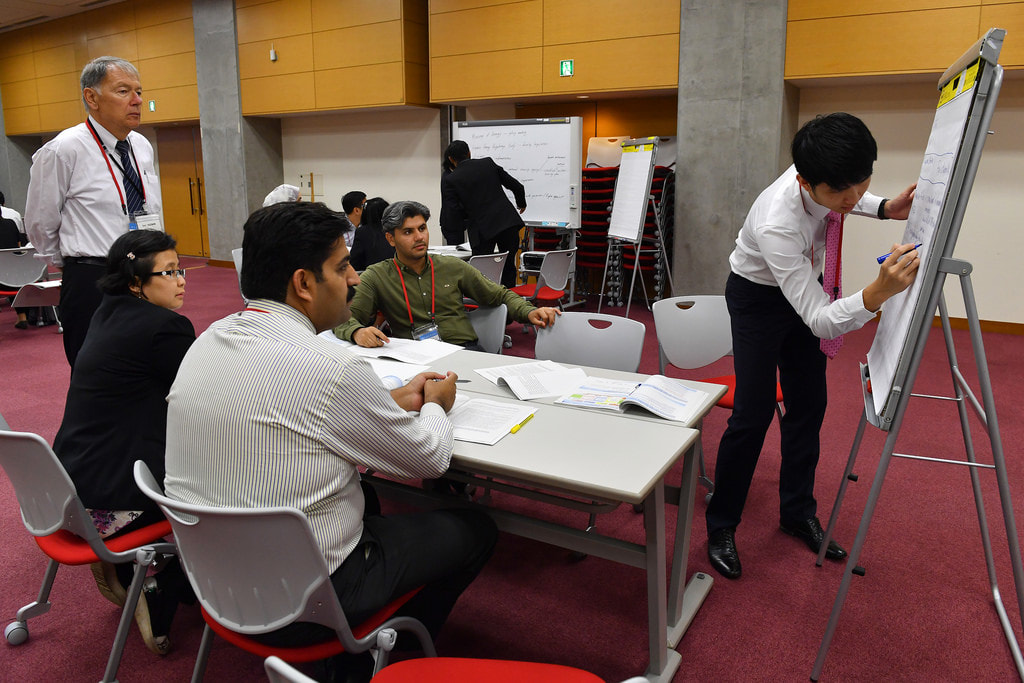Outputs
|
Description
|
Partners will capture a national and European image of existing theory and practice on the prevention of radicalisation leading to violent extremism, de-radicalisation and disengagement practices in the criminal justice context. Using desk and field research, the specific objectives of this Output are to:
|
|
Activities
|
O1/A1. State of the Art Analysis and Best Practices
O1/A2. Collection of approaches, lessons learned and practices in the field of prevention strategies/efforts to promote individual de-radicalisation and disengagement for inmates or ex-inmates in the community at risk of radicalisation or who have been radicalised in European countries |
|
Description
|
The specific objectives of O2 are to:
|
|
Activities
|
O2/A1. Development of focus groups and interviews with key stakeholders
O2/A2. Radicalisation Risk Assessment O2/A3. Analysis of the collected data |
|
Description
|
Within this Output, INTEGRA partnership will develop a mentor model for providing social support, opportunities of disengagement, and help build trust-based relationships, for example with staff, community members and NGO professionals. The target group are inmates who are vulnerable to extremism.
The mentoring model and programme is based on the establishment of a close working relationship between the mentor and the mentee, in order to help inmates become better at tackling everyday situations, problems and conflicts. The role of the mentor will be to support and strengthen the inmate’s motivation to opt for a crime free lifestyle when released. |
|
Activities
|
O3/A1. Development of the INTEGRA mentoring model
O3/A2. Selection and training of mentors O3/A3. Piloting and fine-tuning of the INTEGRA mentoring model |
|
Description
|
The present Output plays a major role in preventing radicalisation and raising knowledge and awareness regarding (de) radicalisation. The following approaches will be the focus of this training programme, with the aim to reduce risk, and provide specific competencies to prison, probation and community organisations, namely: (i) understanding radicalisation and as well as individual, social and environmental reasons for prisoners’ behaviour; (ii) risk assessment and support; (iii) de-radicalisation, focusing on preventing or abandoning radical views and beliefs; (iv) disengagement, emphasising behavioural change; (v) social and organisational support for release (vi) sensitivity and understanding of cultural and religious norms, values and expressions, among others.
|
|
Activities
|
O4/A1. INTEGRA competences blueprint development
O4/A2. INTEGRA Radicalisation prevention training course development: O4/A3. Piloting and fine-tuning of the training course |
|
Description
|
Output 5 consists in an e-learning course and complementary materials. The distance learning course will be developed so that it can be used also in a blended learning format. The e-learning training course will be piloted in prison, probation and community organisations and fine-tuned after piloting feedback collection.
|
|
Activities
|
O5/A1. Learning Management System (LMS) setup
O5/A2. E-learning content development and multimedia design O5/A3. Piloting and fine-tuning of the e-learning programme |
|
Description
|
The present output will consist of a "Train the trainer" course. This course will ensure the dissemination and sustainability of the proposed approach over time since different groups of professionals will be trained as trainers and can, therefore, train others. The train the trainer course will be piloted in prison, probation and community organisations and fine-tuned after piloting feedback organisation.
|
|
Activities
|
06/A1. Development of a training course for trainers
O6/A2. Piloting and fine-tuning of the train the trainer course |
|
Description
|
This Output aims to provide policy-makers, prison and probation agencies and community organisations with guidelines for multi-agency cooperation in regards to the topic at hand, namely the prevention of radicalisation and the management of Violent Extremist Offenders (VEOs) and individuals considered at risk of engaging in violent extremism in a prison and probation context. A one-size-fits-all solution does not exist because EU Member States vary in many ways, including in legislation and how prison and probation systems are organised. However, multi-agency cooperation is crucial in the management of risks related to radicalisation and to ensure that violent extremist offenders are provided with opportunities for rehabilitation.
|
|
Activities
|
O7/A1. Development of a multi-agency guide
O7/A2. Policy recommendations for a multi-agency approach |








